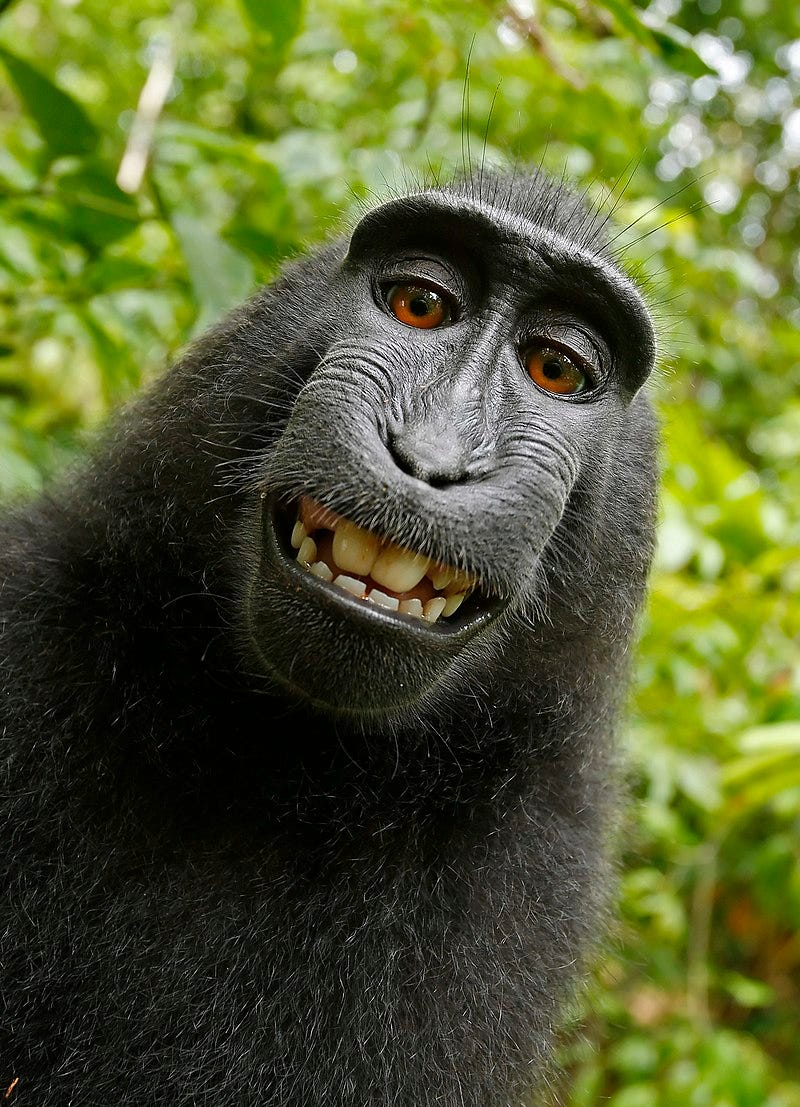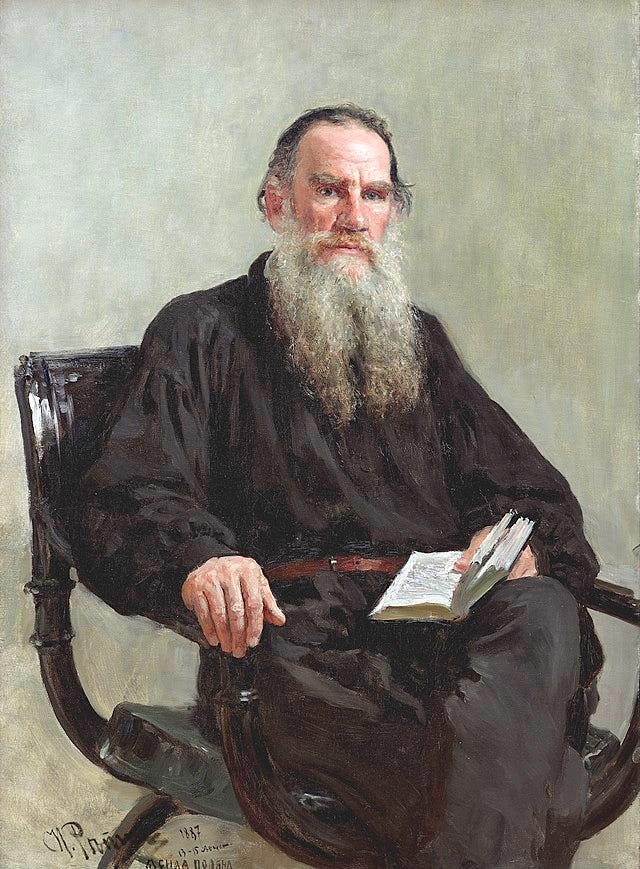The Surprising World of Animal Intelligence
Featuring a curated playlist about animal intelligence and an interview with philosopher Martha C. Nussbaum
Animal Intelligence
With the aid of tiny microphones and AI, researchers are making shocking leaps in the study and interpretation of non-human, animal sounds. In the recently published book, The Sounds of Life, Karen Bakker describes how scientists use digital recording devices to pick up frequencies that cannot be heard by the naked, human ear. Their work is illuminating sonic landscapes that we didn’t even know existed.
For example, we now know that turtle hatchlings call to each other while still inside their eggs to coordinate the moment of birth. Baby corals are drawn toward healthy coral reefs by the cacophony of sounds that emanate from them. Even animals that we already knew had rich sonic lives, like African elephants and humpback whales, possess far richer communication abilities than previously believed. Indeed, these communication patterns are so complex and ordered that it has become increasingly difficult to maintain the old notion that language is an exclusively human phenomenon.
This week, we highlight episodes that cover all manner of animal intelligence, behavior, life, and the incredible depths of non-human lives.
Playlist:
Martha C. Nussbaum, Justice for Animals (Simon & Schuster, 2023)
Karen Bakker, The Sounds of Life: How Digital Technology Is Bringing Us Closer to the Worlds of Animals and Plants (Princeton UP, 2022)
David M. Peña-Guzmán, When Animals Dream: The Hidden World of Animal Consciousness (Princeton UP, 2022)
Paul Thagard, Bots and Beasts: What Makes Machines, Animals, and People Smart? (MIT Press, 2021)
Frans de Waal, Different: Gender Through the Eyes of a Primatologist (W. W. Norton, 2022)
John P. Gluck, Voracious Science and Vulnerable Animals: A Primate Scientist's Ethical Journey (U Chicago Press, 2016)
Margret Grebowicz, Rescue Me: On Dogs and Their Humans (U Minnesota Press, 2022)
W. Puck Brecher, Animal Care in Japanese Tradition: A Short History (Association for Asian Studies, 2022)
David George Haskell, Sounds Wild and Broken: Sonic Marvels, Evolution's Creativity, and the Crisis of Sensory Extinction (Viking, 2022)
Nigel Rothfels, Elephant Trails: A History of Animals and Cultures (Johns Hopkins UP, 2021)
Jackie Higgins, Sentient: How Animals Illuminate the Wonder of Our Human Senses (Atria Books, 2022)
Scholarly Sources
Martha C. Nussbaum is the Ernst Freund Distinguished Service Professor of Law and Ethics, appointed in the Department of Philosophy and the Law School.
Q: What are you reading right now?
A: Tolstoy’s Anna Karenina, for about the fifth time. (I am actually listening to it on audiobook with a wonderful reader, while I exercise every day.) I have a young relative, Gabe Nussbaum who is a graduate student in Slavic Studies at Princeton, and we have long talks about the great Russian classics, a wonderful occasion to reacquaint myself with them. I adore Tolstoy and find this novel so profoundly moving and psychologically rich. He has such a boundless capacity for empathy with characters of so many different sorts, many not in keeping with his moral point of view, but he shows them love anyways.
Q: What is your favorite book or essay to assign to give to people and why?
I cannot answer this question. I would need to know the person and what their goals and tastes are. It seems so emotionally crude to recommend the same thing to everyone. For some, Tolstoy, Joyce, Henry James. For others Frans de Waal on animals. For others, John Stuart Mill. Occasionally I realize that a particularly great work is virtually unknown, and in that case, I am more likely to bring it up to many. Tolstoy’s short story “Strider,” for example, is a superb depiction of the inside of a horse’s life that almost nobody knows about; so I recommend that a lot.
Q: Is there a book you read as a student that had a particularly profound impact on your trajectory as a scholar?
A: There are so many: all the Greek tragedies; the dialogues of Plato; the works of Aristotle; and, later, the writings of the Hellenistic philosophers, the Epicureans and the Stoics. And among modern philosophers John Stuart Mill, Bernard Williams, Stanley Cavell.
Q: Which deceased writer would you most like to meet and why?
A: Most people pick a distant famous person, but I would prefer to see my philosophical friends again: so, Bernard Williams (1929-2003), Hilary Putnam (1926-2016), and Stanley Cavell (1926-2018).
Q: What's the best book you've read in the past year?
Tolstoy’s War and Peace (third time). While writing Justice for Animals I read many wonderful books on animals, but not within the past year – my book was finished by then.
Q: Have you seen any films, documentaries, or museum exhibitions that left an impression on you recently?
A: The wonderful documentary, Sonic Sea. It’s about noise pollution in the seas and its devastating effects on marine mammals.
Q: What do you plan on reading next?
A: I will wait to see what Gabe suggests in connection with his dissertation proposal, which he is writing now. One of the prominent figures in it is going to be Mikhail Saltykov-Shchedrin, whom I have never read at all, so that is a distinct possibility, though I fear none of his works are on audiobook in English.
New Books, Links, & Other Things
Mordecai Kurz, The Market Power of Technology: Understanding the Second Gilded Age (Columbia UP, 2023)
Dale Greenwalt, Remnants of Ancient Life: The New Science of Old Fossils (Princeton UP, 2023)
Christopher I. Beckwith, The Scythian Empire: Central Eurasia and the Birth of the Classical Age from Persia to China (Princeton UP, 2023)
Paul R. Ehrlich, Life: A Journey through Science and Politics (Yale UP, 2023)
Mindy Aloff, Why Dance Matters (Yale UP, 2023)
Alex Preda, The Spectacle of Expertise: Why Financial Analysts Perform in the Media (Columbia UP, 2023)
Interested in Becoming an NBN Host?
Are you interested in becoming a New Books Network host? Are you a professor, graduate student, or an expert in a particular field of study? Apply to become a host to help support our mission of creating a free and accessible academic library!
https://newbooksnetwork.com/hosts/become-a-host








